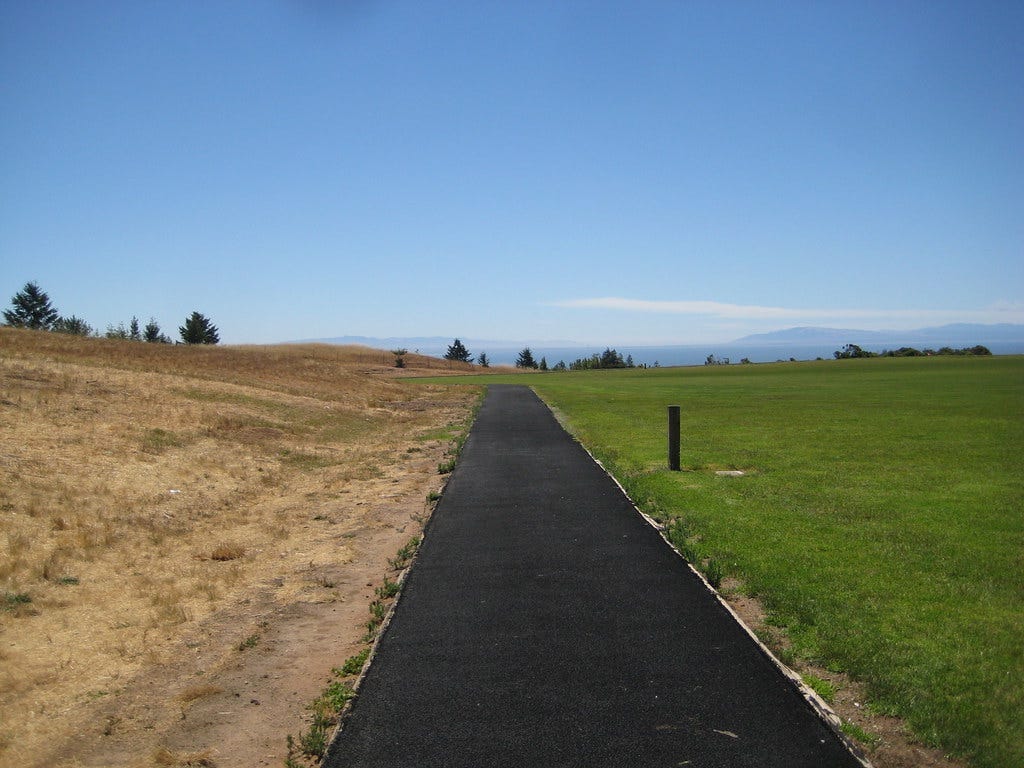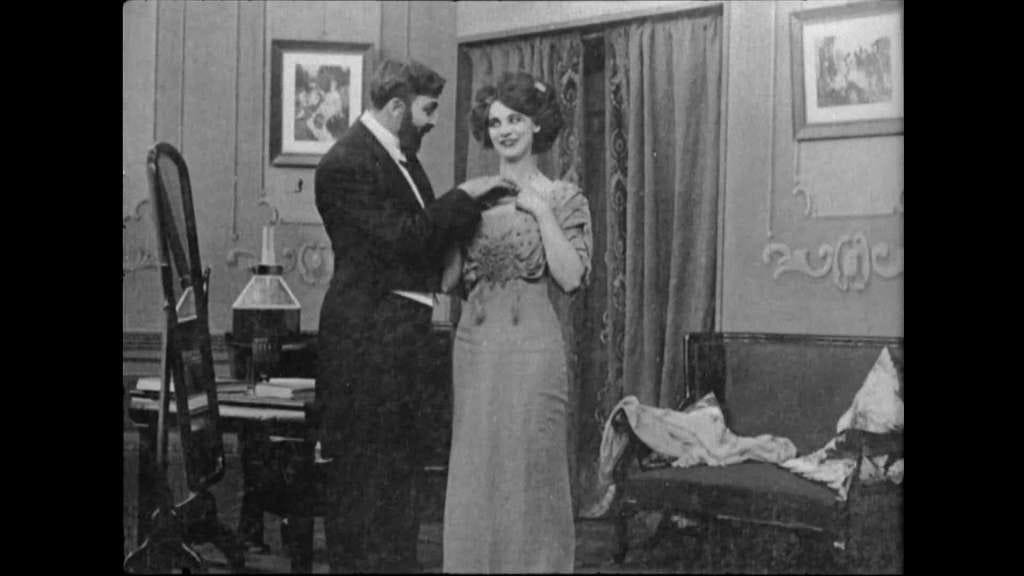From Atlanta GA
FC 205 on Pastime & Time-Pass was well-read, and I thank my readers for it. A few comments are shared here:
Lakshmi Raman Says: “I remember reading all and sundry billboards and posters in Tamil while on travel by bus years ago. This was time to pass, but in the process, I began to know my mother tongue better. In Mumbai, people would call peanuts ‘timepass’ which is a quirky way of looking at an enjoyable snack. As for pastime? My work with NGOs is both work and pastime for me!”
After what seemed like a hiatus, Tarun Kunzru sent in this: “I don't believe FC, which you started as a ‘time pass’, has morphed (as reducing) into a pastime. I would say it has ‘evolved’ into a pastime. Well done Pras!! On a lighter note - excessive eating as a time pass could lead to passing a lot more than just time!!”
Amba Prasad: “Juggling between time pass and pastime, with a real coffee in hand, I didn't know how the time passed and when the coffee cup became empty!! Wonderful read. Awaiting more brew.”
🏡Grass Is Greener
The idiom is said to be a thousand years old, though its popularity is not quite as ancient. Apparently, in 1924, a song was recorded, and it had the words “The grass is always greener in the other fellow’s yard.” Since then, it has been expressed in different forms and the most popular one is the grass is greener on the other side.
This is a sentiment. Some think it is greener on the other side, as they believe that other people have better things than them. I wonder why this idiom is not stated as the grass is green on the other side. Why greener? Grammatically, greener is comparative, and the word green is positive, right? Why then are we not positive about the things that we have, and why do we compare what we have with what others have or what we perceive others have?
Do people find it very difficult to be happy with what they have and feel blessed? Should people rob that happiness themselves by getting obsessed with what others have? One might say ‘Yes, some may, but not everybody’. This is hard to believe. I would think that the answer is ‘All people at some time or the other, and some people all the time’.
Why all people at some point in time? Simply because comparison comes easily to each one of us, and in one or the other instance we fall prey to it. When I started practising as a lawyer in a then one-horse-town called Mysore, I often compared myself with those in Delhi practising in the Supreme Court and even those in Bangalore practising before the High Court there, and I felt a twinge of envy. Little did I pause to imagine the challenges they faced in making a mark in that competitive environment, and the adversities they had to face in making a decent living. Fast-forward by a decade, when I became an in-house counsel in Mumbai, my lawyer friend in Mysore felt that I was better off than him, trudging along from one court to another. The picture that looks rosy turns bleak when seen through the prism of reality. It is ironic that when we think of something as rosy, we forget that it can be thorny too, as one cannot exist without the other.
This reminds me of another saying synonymous with the idiom under discussion. It reads “The streets of London are paved with gold”. One can adapt this to whichever city is appropriate. A friend of mine from Chennai thinks of Bangalore in those terms and talks enviously about the social life people lead. All hearsay and perhaps make-believe. Little does he know that the city has its problems and that he may, perhaps, be better off in his city. The glitter of Bangalore can hardly be the reason to imagine that its streets are paved with gold. Tender Sure or not, one is sure to trip on the pavement and cross the street with one's heart in the mouth.
The comparison game doesn’t stop with material things. It extends to friends, family and the kids too. One can be envious if a friend is friendlier with another person. A neighbour's spouse may be seen as more considerate and amiable when it may just be an appearance or a matter of courtesy. A neighbour’s kid excelling in sports or academics triggers comparisons, which can demoralise.
Aspiring for something that someone has but which is unaffordable can cause a lot of grief. This is the essence of the story ‘Necklace’ by Guy de Maupassant, published on February 17, 1884. The gist of the story is this:
Mathilda, a middle-class woman, longs for the lifestyle of the rich. She borrows a Necklace from her rich friend Ms Forestier to wear at a dance. On returning home, she discovers, much to her horror, that the necklace has been lost. She and her husband borrow a hefty sum to buy a similar necklace and return it to Ms Forestier. To discharge the burden of debt, they cut back on their lifestyle, and it takes them 10 years to repay the debt. It takes a toll, and they age twenty years in those ten years. In a chance encounter, Ms Forestier looks at Mathilda and exclaims, “What happened to you?”. Mathilda unburdens herself of the agony and narrates the hardship she underwent to replace the necklace, only to be told that she need not have bothered since the necklace was a fake.
The story underscores the need to realise that the grass which appears greener on the other side is astroturf.
The bane of coveting something beyond one's reach can be contrasted with selflessness in the art of giving, which is the essence of the story: ‘The Gift Of Magi’ by O’Henry, published in 1905.
The story is about a young husband and wife buying secret Christmas gifts for each other with very little money. It is a sentimental story with a moral lesson about gift-giving. The wife sells her long tresses to buy the husband a gold chain for his watch and, unaware of this sacrifice, the husband sells the watch to buy the wife a set of expensive combs for her hair. Cosmic irony!
I find it very heartening and redeeming that both ‘The Necklace’ & ‘The Gift Of Magi’ are part of the English syllabus for Class 10 students who are sensitised to the difference between selfish wanting and selfless giving at the threshold of their adulthood.
An aspect that youngsters should be mindful of is that they can work for what they want and not crib about someone having that same thing. This is amply demonstrated by tweaking the idiom to read as The grass is greener where you water it. The underlying philosophy is about knowing what you want, living in the present, setting goals and achieving them with a positive attitude.
You can watch the short films here:
🔗 "The Necklace" by Guy de Maupassant -- Short Story Film -- 1980
&
🔗Gift of the Magi by O. Henry -- Short Story Film -- 1980
Before I end this post, let me share with you an amazing experience I had while in Mexico City.
If some of you recall, I had written about Frida Kahlo in 🔗FC 63. Please read it if you missed or would like to read it again.
With my family, I went on a walking tour of Coyocoan (near Mexico City) where Frida was born on June 6, 1907. She grew up in her family home Casa Azul, the Blue House.



We walked the entire area and stopped at frequent intervals to taste Mexican foods including churros, and finally reached the Blue House. It was sheer coincidence that the day we visited the Blue House, was the 13th of July 2024 which marked the 50th death anniversary of Frida, who died on the 13th of July 1974. It felt so good to be in Casa Azul, about which I had written three years ago. A closure of sorts.
Now to end in a lighter vein:
Johnny kept telling his wife that the grass was greener on the other side, and regretted hammering it in when she left Johnny and married his neighbour.
Dear Readers, I read that in some parts of the States and the UK, a COVID variant called FLiRT is making the rounds. I hope there is no such fear where you live. In any case, please take good care of yourself and be safe. See you next week. Ciao.






The natural tendency of us normal humans is to romanticise the past and dream the future. Anything at a distance is always "greener". However, most often - good from far, is far from good! Which therefore makes our "now" reality a shattered dream. The wise one is the one that only experience of life's reality is "now" . And that by definition is a mixed bag. There are no free lunches for anyone. Fun is negotiating the "now".
Social media makes it appear that everybody else's life is a party and yours is a minefield of challenges. I always say (Hindi) - Door se dekha ubalte ande, paas aaye tho uchalthe ganje!!
two observations, Gurugale -
1. Tongue in Cheek indeed your quip - "Tender Sure or not, one is sure to trip on the pavement and cross the street with one's heart in the mouth."
What a certificate to this quality of work carried out by our city planners and administrators!
2. Wonder how the Danes perceive Greenland as - Greener than their place or whiter? ;)